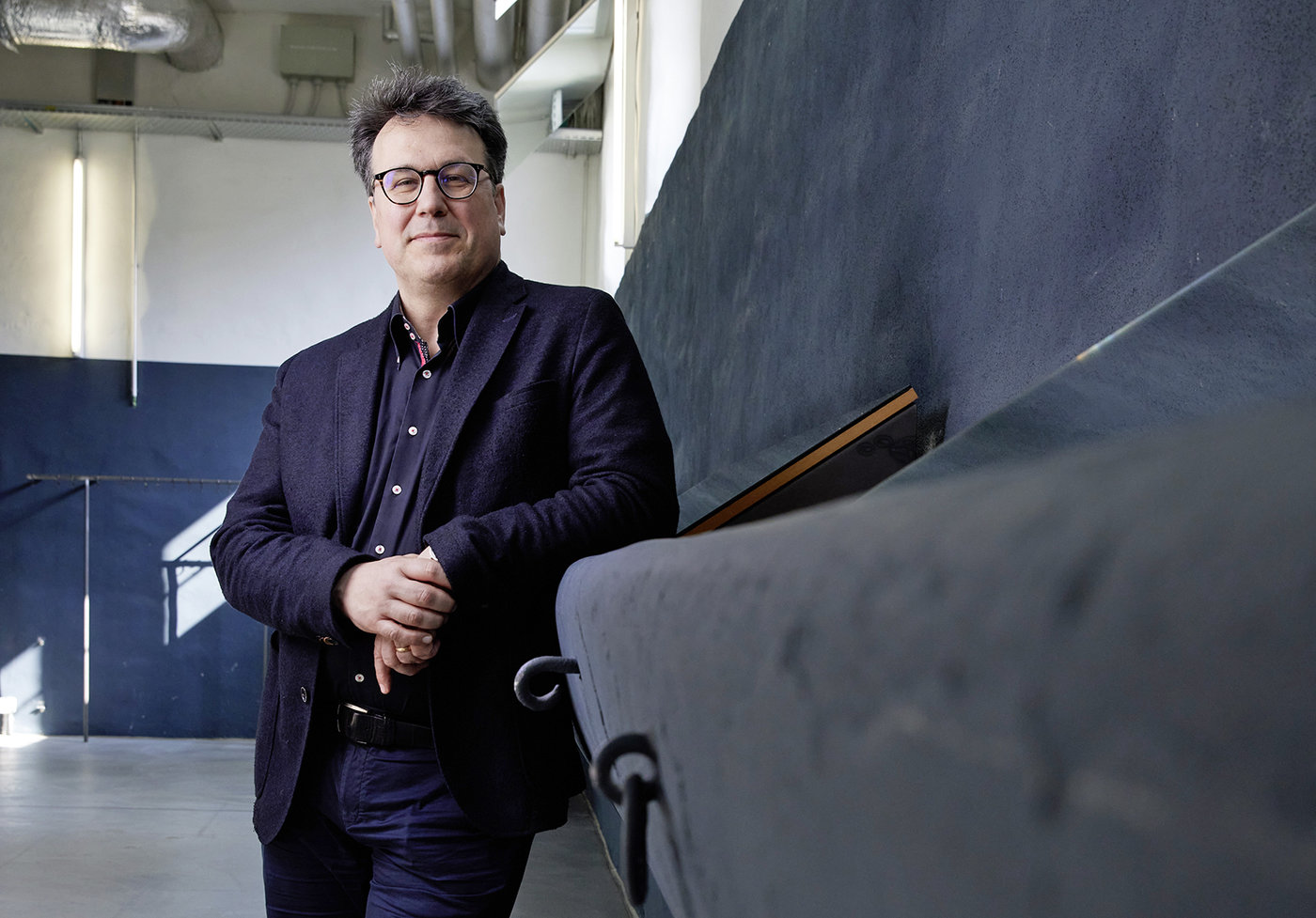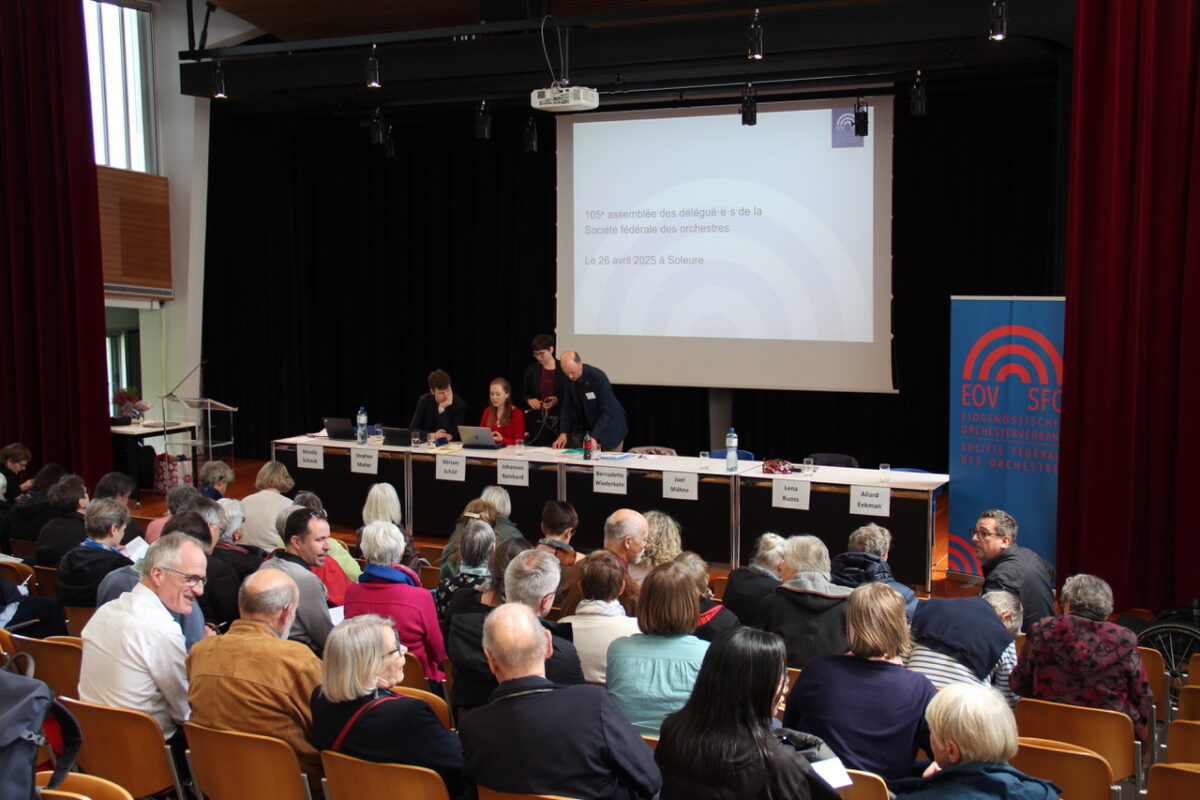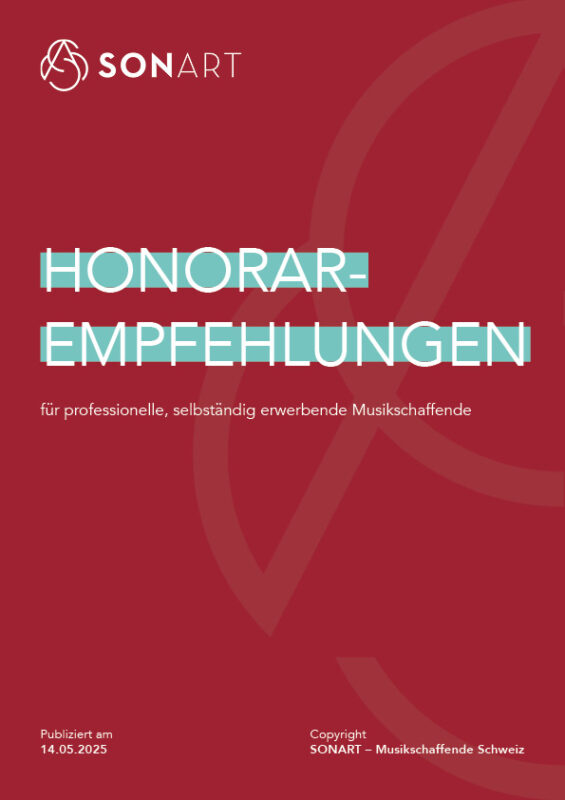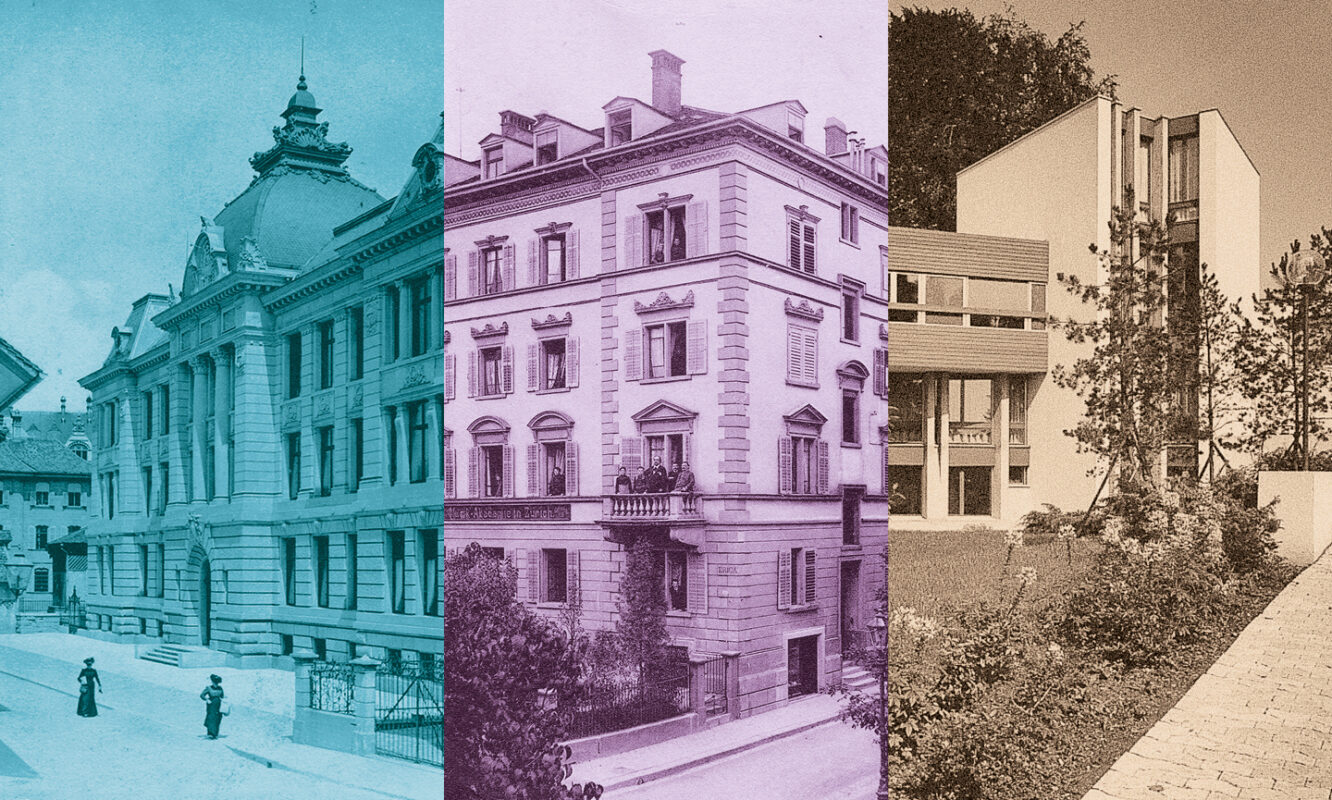Rico Gubler - Music, Law and Europe at the KMHS
Since February 1, 2023, the saxophonist, composer, lawyer and former President of the Lübeck University of Music Rico Gubler has been Head of the Music Department at Bern University of the Arts and is a new member of the Swiss Conference of Music Universities (KMHS).

Interview with Rico Gubler, the new Head of the Music Department at Bern University of the Arts (HKB).
Rico Gubler, after three months, what are your priorities as Head of the Music Department at the BUA?
There are fundamental priorities for the management of a conservatoire. It is important to constantly cultivate and combine the two (apparent) poles between high artistic standards - i.e. the deepening of the "ivory tower" in a positive sense - and the active opening into the society that supports a university, right up to the concrete shaping of socially relevant topics, e.g. cultural policy or socio-cultural issues. Related to this is the constant discourse on the changing concept of music and the strategic, sometimes only tactical steps derived from this.
Thirdly, it is important to cultivate a culture of discourse, decision-making and communication in the modern music university system that is both music-specific, university-specific and socially compatible. Specifically, I am currently touring the university, Bern and Switzerland in order to get to know as many of the inspiring and diverse personalities at our university, our partner institutions and cooperation partners as possible. In Switzerland, you learn "warte, uege, lose, laufe" in elementary school - I haven't forgotten that abroad either, with two small but significant differences: I don't want to wait, and "lose" comes before "luege".
As you are also a lawyer, to what extent does the connection between music and law influence your management style?
Firstly, it influenced my view of "looking at art" due to my focus in law school, the history of legal culture and in particular the diverse methods of interpretation. In my opinion, this made my approach to text of all kinds, including non-written fixed text, more flexible and broadened my perspectives and horizons.
My almost ten years in Germany have taught me that it is not only my legal training that has had a formative influence, but also specifically the way I deal with Swiss law. I have learned to understand laws and rules as a coagulated social agreement, as a shared history, which at best serve to achieve an overarching goal, but are usually at least helpful in dealing with a real field of tension and setting it in motion. It is always important to me that a clearly practiced structure is much more effective than a myriad of detailed rules that are as precise as possible, which normally only increase the number of borderline cases and exceptions.
In light of your experience as the council member responsible for the Pop and Jazz Platform (PJP) of the European Association of Conservatoires (AEC) and as a former member of the Rectors' Conference of German Music Universities (RKM), how important is a body like the KMHS for you in the Swiss context?
For me, the AEC has several advantages for Switzerland. The higher music education landscape in Europe is enormously diverse and the specific regional and national challenges motivate the universities to find very different and interesting solutions from which we could benefit with a little transfer creativity. For example, some countries are much further ahead in terms of music-specific quality management, others are driving the topic of "artistic citizenship" and yet other universities are breaking new ground in the areas of research or entrepreneurship. We Swiss, who are particularly accustomed to federalism, should be used to looking closely at what is being tried out in other structures in order to adapt "the good" and avoid "the bad".
The KMHS is both an echo chamber for the careful work of the university management in their institutions, as well as the place where important alliances must be forged in order to successfully address overarching issues such as the musicalization of society, the development and protection of the publicly funded university system and the position of music in the logic of Swiss universities of applied sciences.
In your opinion, what are the biggest challenges that Swiss conservatoires will have to face in the coming years?
A look at world events, to which small countries often react more sensitively or at least more quickly than larger nations, suggests - to use a northern German expression - high seas in the coming years. However, I am not only looking at this with concern, but also with great interest, because the dominant issues such as the scarcity of resources, migration, the question of cohesion in the social sphere or the effects of digitalization in the depths of society, which are yet to come, will also have a massive impact on the concept of art and the logic of public funding and the understanding of funding and reception, and new things will emerge from this. The traditional understanding of the role of composers has already changed fundamentally in just a few years. This is highly interesting, quite inspiring and also offers many opportunities.








